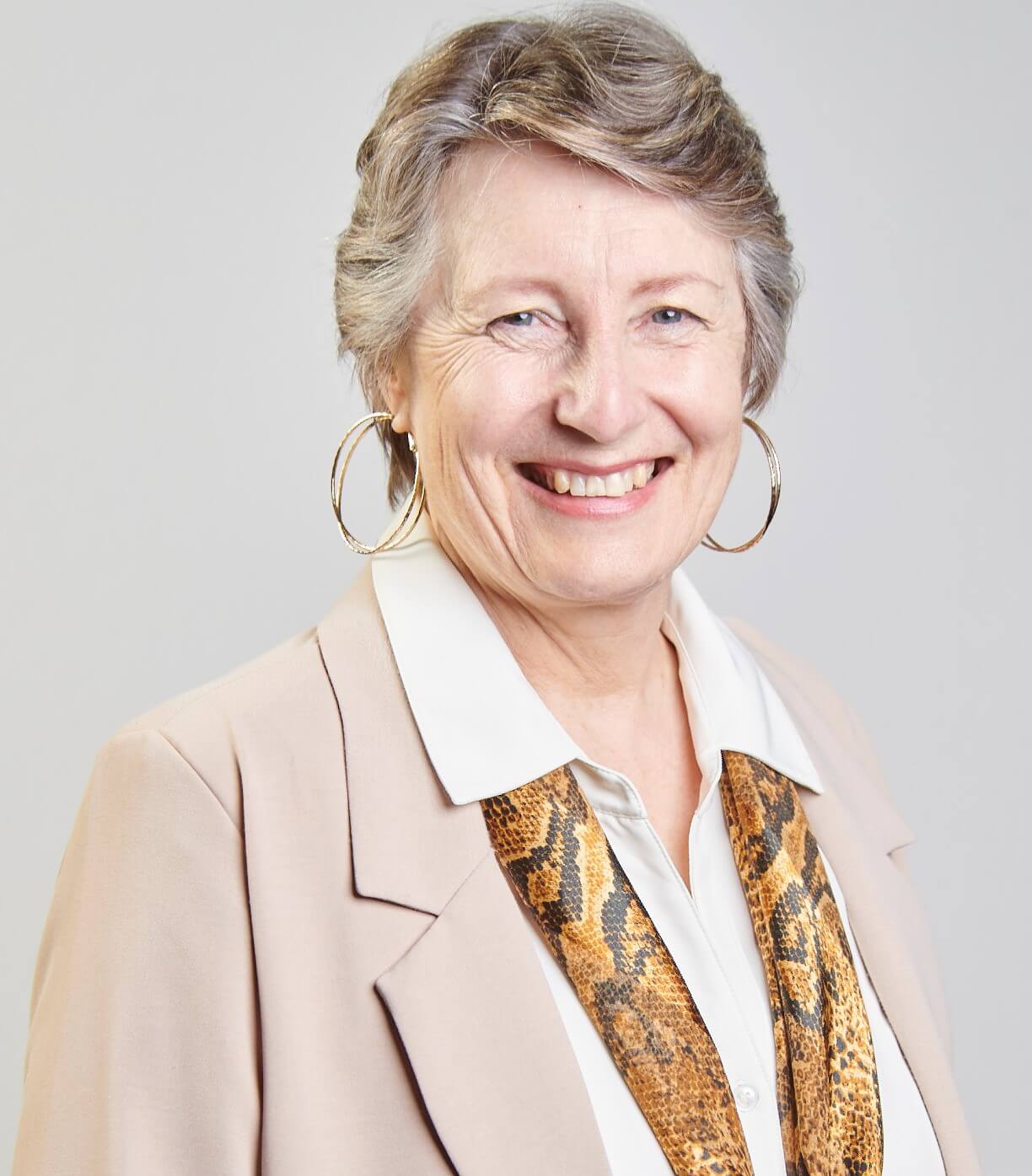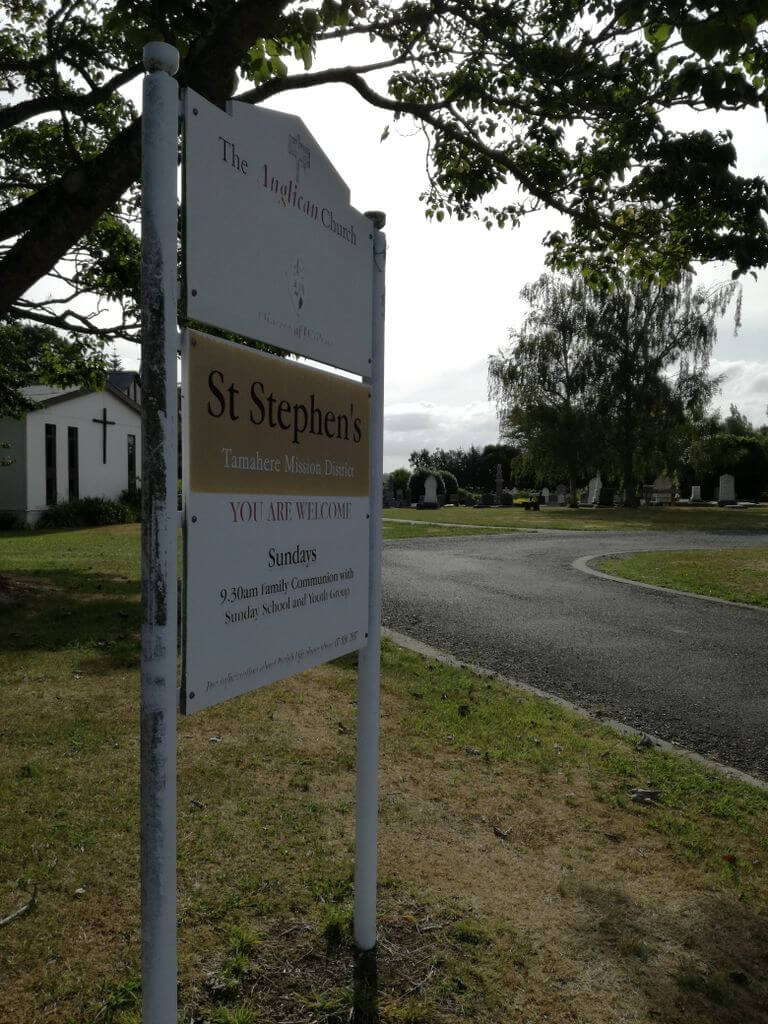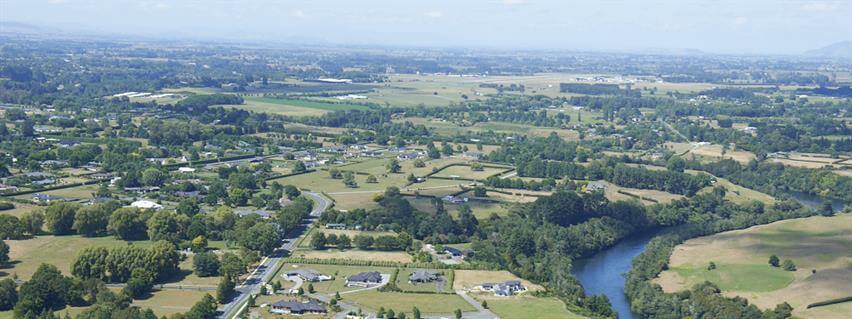New Zealand is small enough to give each of us almost unmatched access to decision-makers at national and local level compared with most western nations.
We angst about voter turnout, yet we are still one of the most participatory democracies in the world, with relatively high trust in our public institutions according to international measures. So, it’s worrying that two recent studies sound warnings over falling trust and diminishing social cohesion.
The latest Acumen Edelman Trust Barometer shows our sense of grievance with business, media, government and NGOs stands at 67 per cent, surpassing the global average of 61 per cent.
And a new study on social cohesion, commissioned by the Helen Clark Foundation, cites financial inequality as just one of the factors driving increasing polarisation in our society.
Growing financial hardship due to the inflation that followed Covid, unemployment, housing shortages, declining education standards, healthcare problems and tensions arising out of “treaty politics” are probably all serving to feed anxiety levels.
Democracy relies on all of us to participate. So it’s heartening that Kiwis still believe people’s voices count.
The Treaty Principles Bill attracted more than 300,000 submissions this year, and late last year Waikato District Council received nearly 2000 responses – a record – from more than 800 people on a survey about key areas of focus for our Long Term Plan. Let’s hope that interest continues.
Consultation on the Waikato District Council Long Term Plan opens next week and runs to May 11 with drop-in sessions in the Tamahere-Woodlands Ward on May 6 in the Tamahere Hall and May 8 in the Gordonton Hall.
The proposed LTP is based on a general rate increase of 4.25 per cent for the first year (2025/26) – down from an 11.9 per cent increase this year – before falling to an increase of 3.05 per cent in 2026/27, then forecast to be between 2.5 per cent and 4.5 per cent in subsequent years.
There will be options to consider as affordability is still a concern, with overall rates (general and targeted rates added together) in our townships likely to rise between 7.8 per cent and 10.8 per cent in the first year, compared with about 6.2 per cent in country living areas and 4.2 per cent in rural areas, where properties are not subject to significant targeted rates for services like reticulated wastewater.
Major matters for your feedback include a new model for managing water services – the preferred option being a Council-Controlled Organisation owned by Waikato District Council and Hamilton City, but with opportunities for other councils to join. The purpose is to gain economies of scale that will, over time, help control the costs of treating and managing drinking water and wastewater.
We are also seeking your views on the level of investment in our roads, and on our waste minimisation and management plan. Please take part – your opinions matter.











